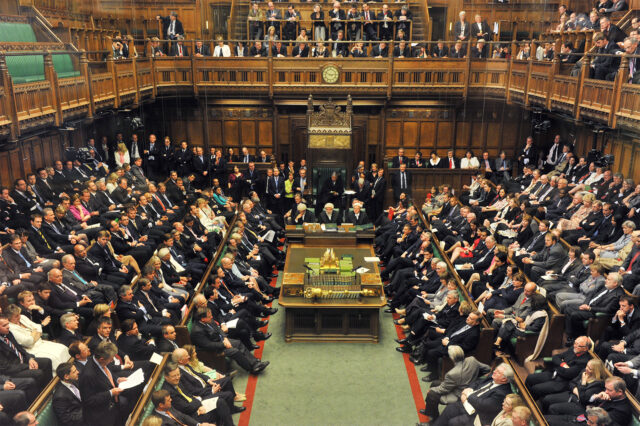Today the House of Lords Economic Affairs Finance Bill Sub-Committee has published its report on the Government’s draft Finance Bill (No. 2) Bill 2021–2022, ‘Basis Period Reform and Uncertain Tax Treatments’.
The report focuses on the reform of the basis period rules as they apply to self-employed individuals and partnerships and the new requirement on large businesses to notify HMRC of an uncertain tax treatment.
The Sub-Committee concluded that a compelling case for basis period reform, either as a simplification or as an essential prerequisite for introducing Making Tax Digital (MTD) for income tax, has not been made. The Sub-Committee:
Considers the consultation on basis period reform as flawed. It is unclear why four years after the original consultation the new and different basis period reform proposals were published in haste.
Welcomes the Government’s recognition that further work needs to be done on the impact this reform will have on businesses which cannot align their accounting periods with the tax year.
Recommends that, for those businesses which do not have a 31 March–5 April year end, Making Tax Digital should be deferred until at least 2025-26.
On the requirement on large businesses to notify HMRC of uncertain tax treatments the Sub-Committee is concerned that the evidence it heard repeated many of the previous criticisms and concerns which arose when it considered this measure in its earlier report, ‘New Powers for HMRC: Fair and Proportionate?’, published last year.
The case for this reform has also not sufficiently been made by the Government. However, it seems determined to press ahead with this measure, so the Sub-Committee has made recommendations about how the measure itself might be improved, and its implementation made as smooth as possible:
First, all businesses affected by this measure must be supported appropriately by HMRC. In particular, all such businesses should have access to a customer compliance manager within HMRC with whom they can discuss uncertainties as they arise.
Second, with businesses required to notify HMRC when they take a view on the law that differs from HMRC’s ‘known view’, the Government must ensure that HMRC has sufficient resources to ensure its published guidance is updated on an ongoing basis.
Third, before any third test of uncertainty is included, an evidence-based evaluation of the measure should be carried out and that, if such an evaluation shows that the requirement is not delivering the benefits that HMRC expects, then the notification requirement in its entirety should be repealed.
In relation to both reforms, the Sub-Committee:
Recommends that the Government commission an independent report into HMRC customer service levels and capacity to implement change.
Noted that the Government has not followed the recommended process for consultation in developing tax policy. This has led to a “start-stop” approach to policy which risks alienating the people who will be impacted by the changes and diminishing the reputation of HMRC.
Recommend that in future all consultations involving a significant reform of the tax system should begin at ‘Stage 1’, which requires the Government to set out its policy objectives and ask for feedback on options for achieving those objectives. The Sub-Committee invites the Government to make a renewed commitment to that effect.
Lord Bridges of Headley, Chair of the Economic Affairs Finance Bill Sub-Committee, said:
“Once again, HMRC’s approach to changes to the tax system has been found wanting. It needs to do more to clarify the rationale for change, and to consult properly on changes. Once it has done that it must help businesses prepare for change by providing them with a clear roadmap of what has to be done, by when.
“Failure to do this risks undermining people’s trust in HMRC.”




